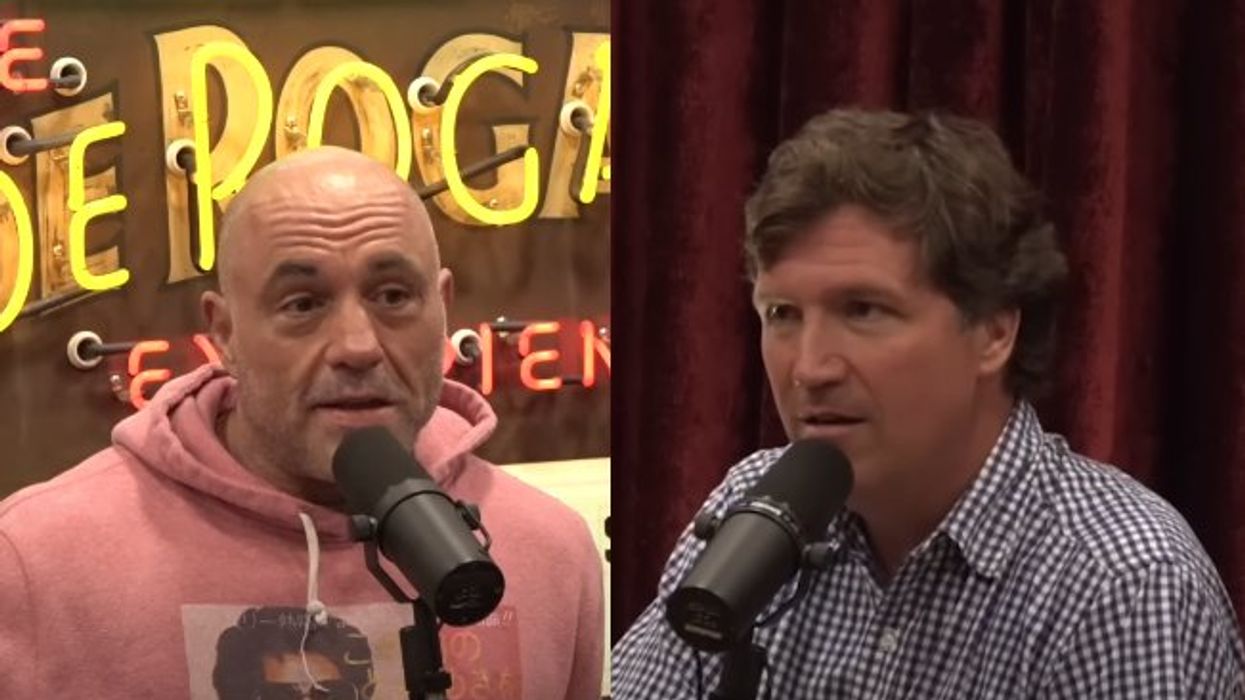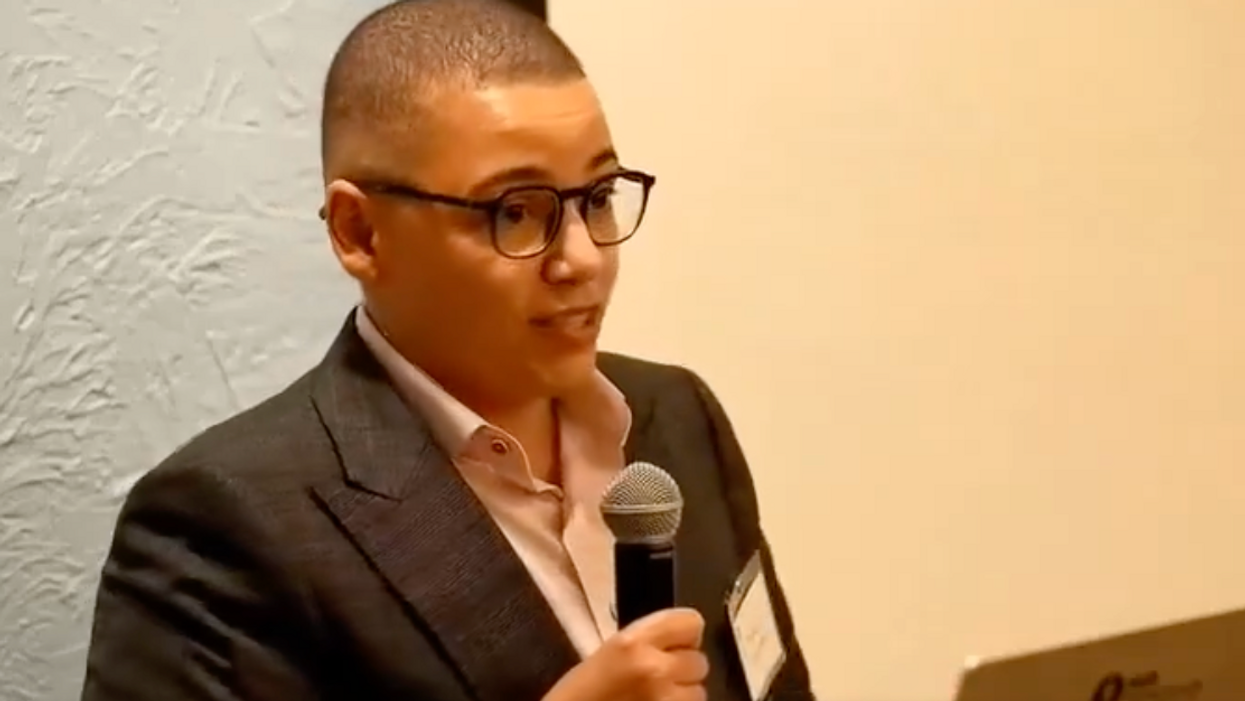Recently my husband and I happened to be discussing Mexico’s “El Grito,” (a celebration commemorating the beginning of the war for independence from Spain), with some Mexican friends.
One friend recalled how he had to be careful about celebrating in the streets of his hometown because there’s so much celebratory gunfire that it actually poses a danger.
This is in a country, mind you, in which it is nearly impossible to legally own a firearm.
Meanwhile, Andrew Tahmooressi has spent nearly 200 days in two different Mexican prisons because he made a wrong turn.
Despite the length of his imprisonment, there are some (see St. Paul rallies) who haven’t given up on Andrew—even if it seems others have.
 Jill Tahmooressi, mother of Marine Sgt. Andrew Tahmooressi of Weston, Fla., who has been held for six months in a Mexican jail, weeps after reading his letters from confinement and as others recount his heroism in Afghanistan, during a House Foreign Affairs subcommittee hearing on Capitol Hill in Washington, Wednesday, Oct. 1, 2014. Sgt. Tahmooressi, who suffers from post traumatic stress syndrome, claims he made an accidental wrong turn March 31 into a border-crossing point in Tijuana when he was arrested because he had guns in his vehicle. (AP Photo/J. Scott Applewhite)
Jill Tahmooressi, mother of Marine Sgt. Andrew Tahmooressi of Weston, Fla., who has been held for six months in a Mexican jail, weeps after reading his letters from confinement and as others recount his heroism in Afghanistan, during a House Foreign Affairs subcommittee hearing on Capitol Hill in Washington, Wednesday, Oct. 1, 2014. Sgt. Tahmooressi, who suffers from post traumatic stress syndrome, claims he made an accidental wrong turn March 31 into a border-crossing point in Tijuana when he was arrested because he had guns in his vehicle. (AP Photo/J. Scott Applewhite)
We know quite a bit about Andrew at this point.
We know he served his country honorably twice. We know he was in San Diego seeking treatment for PTSD. We know his life has been in danger on multiple occasions during his imprisonment.
But what do we really know about the nation and justice system that has held him captive? Do we really understand just what kind of psychological precipice Andrew is really on?
That’s where Olivia Hammar—mother of formerly imprisoned U.S. Marine Jon Hammar—comes in, shedding light on a side of Andrew’s story that few of us knew.
Shortly after Andrew’s arrest, his father confided in a coworker about his son’s predicament.
The quick-thinking coworker realized he knew someone who could help— and shortly Jon Hammar was at the company’s doorstep looking for Andrew’s father.
The Marine was there with a purpose.
Spending several hours with the distressed man, Jon promised him that both he and his family would help—even facilitating a meeting between his parents and Andrew’s.
“For two years we had been wrestling with this; searching for God to show us the purpose,” said Olivia. “The minute they [Jill and Paul] walked in our door, it was like God was revealing that purpose—we were prepared to help someone else.”
From the time her son was arrested and imprisoned in 2012, Olivia threw herself into research that has continued for years after his release.
“I spent two years immersed in everything I could read about Mexico and their history; I followed all of the bureau chiefs covering Mexico, and followed the work of professors writing about the justice system there,” recalled Olivia, “I was trying to find some answer as to why this happened to us.”
When Andrew’s parents sat down with Jon’s parents—that’s when it all clicked. “I felt equipped. It was a precious thing,” said Olivia, tearfully.
As Olivia and I discussed what is most important for the American people to understand about Andrew’s case, we kept coming back to three key points: Post Traumatic Stress Disorder (PTSD), a diplomatic agreement called the “Merida Initiative,” and journalism’s role in protecting the innocent.
PTSD
PTSD, simply defined, is a condition suffered by one who has been exposed to a disturbing event or prolonged horrifying situation, like war.
If left untreated, the condition metastasizes and takes complete control over the victim’s life.
Jon was one of the lucky ones. A veteran of the Iraq and Afghanistan wars, he had the opportunity to receive nine full months of inpatient treatment for his psychological scars before his ordeal in Mexico ever began.
Andrew, as Olivia aptly pointed out, had been to one appointment.
“Andrew was far more compromised, even at the point of his initial arrest,” said Olivia, “and to be put in general population of the notorious La Mesa prison was the worst possible scenario.” Few realize that Mexican prisons are over 60 percent completely cartel-controlled, with many of the guards on payroll.
“Andrew is now despondent,” said Olivia, who also recently penned an article for The Sean Hannity Show, pleading for Congress to come back from recess to deal with Andrew’s plight.
The Merida Initiative
As we discussed the frailty of Andrew’s mental state, the conversation turned to frustration over the fact that our nation—through something called the “Merida Initiative”—has been providing money, training, guidance and other resources to the Mexican government since 2008 with the express purpose of fighting “organized crime and associated violence while furthering respect for human rights and the rule of law.”
“Absolutely no one is covering the duplicity in the Mexican judicial system,” said Olivia. “We’ve contributed over two billion dollars to their ‘judicial reform,’ which has not moved the dial on impunity in any way, shape or form.”
The impunity rate in Mexico is staggering at over 90%.
Consider also Alejandro Gonzalez Guilbot, the director of customs at Tijuana at the time of Andrew’s arrest. “He’s been under public corruption investigations for over a year, and he’s the guy who has been making the case that Mexican officials did everything right,” said Olivia.
Ironically enough, though Guilbot made roughly $8,000 USD a month, he drives a several hundred thousand dollar Rolls Royce Ghost and owns several homes.
While the United States is contributing to the judicial reform of a nation that in turns lets nearly 100% of its criminal population do exactly as it pleases, “we’ve got a United States Marine that has been held for over six months without a trial; a Marine whose human rights have been violated,” said Olivia, as she further expressed a frustration with our State Department’s inability to produce an individual who can succinctly make that argument.
“There is timidity in the State Department that I don’t understand,” said Olivia. “I can speculate that it’s because of the boon that will happen once the energy reform starts moving in Mexico—giving it the potential to be a huge source of oil and natural gas. Are we putting that ahead of a US Marine who is wounded and not getting treatment?”
Journalism
Journalism in Mexico has been in a perpetual chokehold. “The cartels have absolutely no fear of the Mexican government,” said Olivia, “but they do fear bad press.”
Not surprisingly, criminals in Mexico have summarily silenced negative press by simply killing, or threatening to kill those who write it.
Tamaulipas, the Mexican state where Olivia’s son was imprisoned, is in a complete media blackout. “They’ve literally said that they’re no longer covering crime, and few in the American press seem to be taking notice of this fact,” said Olivia. “We need to be covering this regularly, because our coverage provides protection for innocents in Mexico, and journalists in Mexico.”
Will Andrew Ever Come Home?
Today, there isn’t a conversation Olivia has with her son that doesn’t include questions about Andrew. “When he calls, the first thing out of his mouth is about Andrew,” said Olivia. “He worries that he’s been there that long.”
Lawmakers in the United States have received promises that Andrew will be released on a humanitarian basis “once Mexico receives proof of Tahmooressi’s medical condition;” proof of which has been submitted to Mexican authorities this week. It seems promising.
We’re hopeful, but cautiously so.
Until then, the Hammar family keeps up the fight.
And so should we.
Mary Ramirez is a full time writer, creator of www.afuturefree.com – a political commentary blog, and contributor to The Chris Salcedo Show. She can be reached at: afuturefree@aol.com; or on Twitter: @AFutureFree
–
TheBlaze contributor channel supports an open discourse on a range of views. The opinions expressed in this channel are solely those of each individual author.


 Jill Tahmooressi, mother of Marine Sgt. Andrew Tahmooressi of Weston, Fla., who has been held for six months in a Mexican jail, weeps after reading his letters from confinement and as others recount his heroism in Afghanistan, during a House Foreign Affairs subcommittee hearing on Capitol Hill in Washington, Wednesday, Oct. 1, 2014. Sgt. Tahmooressi, who suffers from post traumatic stress syndrome, claims he made an accidental wrong turn March 31 into a border-crossing point in Tijuana when he was arrested because he had guns in his vehicle. (AP Photo/J. Scott Applewhite)
Jill Tahmooressi, mother of Marine Sgt. Andrew Tahmooressi of Weston, Fla., who has been held for six months in a Mexican jail, weeps after reading his letters from confinement and as others recount his heroism in Afghanistan, during a House Foreign Affairs subcommittee hearing on Capitol Hill in Washington, Wednesday, Oct. 1, 2014. Sgt. Tahmooressi, who suffers from post traumatic stress syndrome, claims he made an accidental wrong turn March 31 into a border-crossing point in Tijuana when he was arrested because he had guns in his vehicle. (AP Photo/J. Scott Applewhite)


